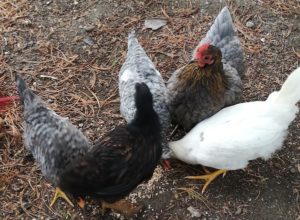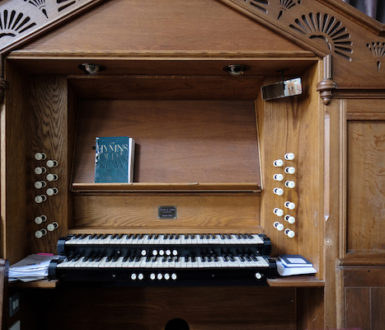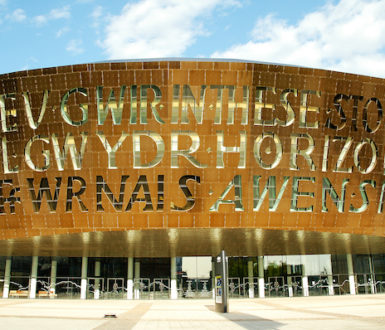
All languages evolve over time. Generally, the most basic words don’t really change much – new words are added when there is something new to be described, or as an alternative to an existing word. This makes the study of language an interesting way to find out about life in historical times.
Modern English is based on Old English, a Germanic language that came to Britain with Anglo-Saxon tribes after about 440CE. Many simple words have changed little in over 1,500 years. Examples include ‘floor’, ‘house’, ‘grass’, ‘tree’, ‘cold’ and ‘warm’.
However, the way modern English evolved was also because of influences from languages worldwide – and 2 major historical events.
The first historical event was a series of attacks by Vikings from Denmark and Norway during the 800s and 900s. Some of the Vikings settled in northern and eastern England, and from them we gained about 2,000 words from Old Norse. Many of these words are still in common use, like ‘happy’, ‘cake’ and ‘window’, but from Old Norse we also got ‘die’, ‘ransack’ and ‘slaughter’ so it wasn’t all good times.
The second event was an invasion by the Normans in 1066. The Normans conquered Britain, took all the power and money and made Old French the official language. Quite literally – because the words ‘conquer’, ‘power’, ‘money’, ‘official’ and ‘language’ are among the 10,000 words from Old French.
Historical records suggests the Normans treated the Anglo-Saxons very badly. It is perhaps no surprise therefore that ‘torment’ and ‘tyrant’ both come from Old French. But we can even make guesses about their daily life from the way modern English has evolved. For example, many words for basic items (water, bread, milk, egg) are of Anglo-Saxon origin. Meanwhile, more luxurious items (cream, beef and pork) are of Norman origin. If the Anglo-Saxons stopped talking about those foods, it was presumably because only the Normans were eating them.
There’s one interesting exception: chicken. It comes from the Anglo-Saxon word ciecen, so no French influences there. This suggests that the Normans were happy to leave this animal alone. The reason might be that although modern breeds of chicken give us tasty meat, 900 years ago chickens were tough and dry – and therefore not fit for a Norman lord’s dinner table.



